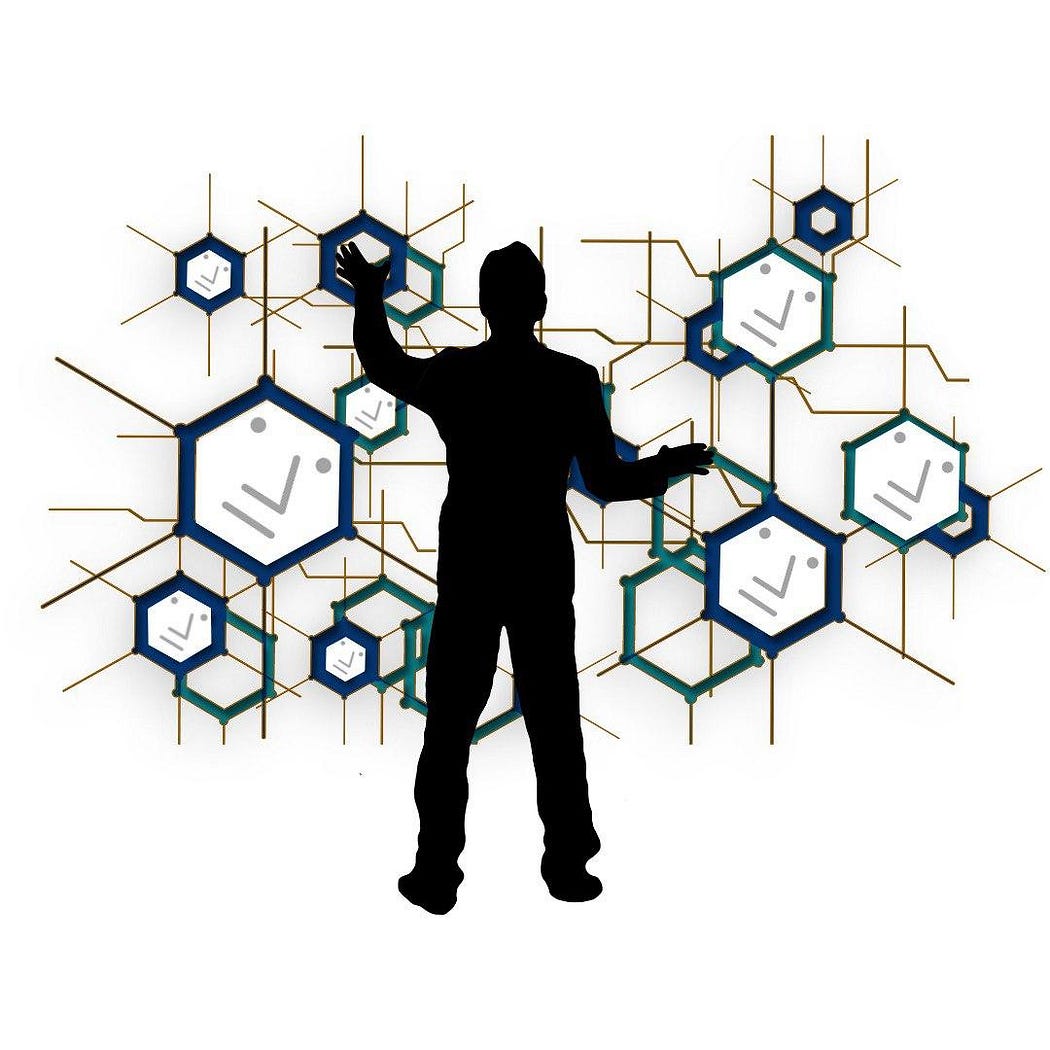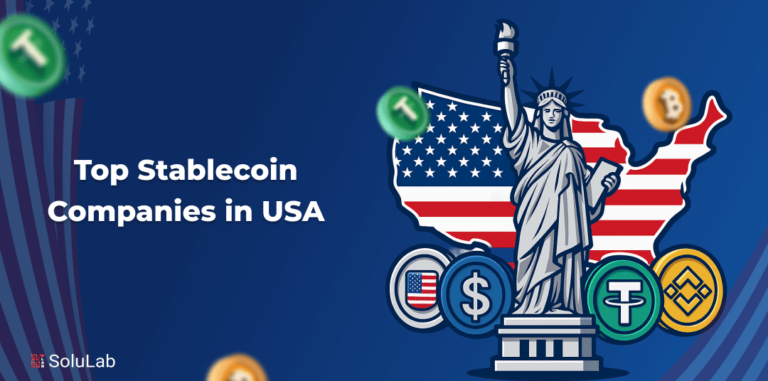Centralized social media services are creating havoc on the internet. With centralized social media, we are at the mercy of the platform owners. They can censor us, delete our posts, and track our data. There’s recently been a surge of accounts being banned after sometimes sending only a few messages on a few of the more speech controlled social media websites.
Decentralized social media is the future of communication. There are several decentralized social media platforms currently being built on a peer-to-peer Web3 technology that prevents censorship and allows users to own their data. In this article, we will explore why decentralized social media is important and how you can get started using these platforms.
 Benefits of P2P Social Media
Benefits of P2P Social Media
There are many benefits of using decentralized social media platforms. For now, we’ll address the three main benefits: censorship resistance, privacy-focused, and user-owned.
Censorship Resistant: Decentralized social media platforms are censorship resistant because there is no central authority that can censor content. This is important for free speech and open communication. No longer will political dissidents be censored by social media companies. The free market will decide what ideas are of value.
Social narratives can be written to manipulate the thoughts of the masses. This is dangerous because it can lead to things such as echo chambers and confirmation bias. Decentralized social media platforms are resistant to these forms of manipulation because intellectual inputs can be compared fairly against each other. This leads to more critical thinking and less groupthink.
A social consensus formed with the blockchain as the base layer will be much more robust and difficult to manipulate than a social media platform that is based on advertising revenue. Even a CEO with an agenda or viewpoint can cause great harm to society, despite the intentions of being virtuous.
You can also read : Why Blockchain is Hard
Privacy Focused: Decentralized social media platforms are privacy-focused because they do not require communication to go through a central server. This means that your data is not stored on a central server where it can be accessed by a central authority or hackers. If a social media platform was built on top of a blockchain, privacy would be even more secure.
User-Owned: Decentralized social media platforms are user-owned because there is no central authority that owns the platform. This means that the users have control over the platform and can make changes if they don’t like the way the platform is being run. Decentralized social media platforms are not controlled by shareholders or Venture Capitalists. They are controlled by the users.
For example, if Facebook were a decentralized social media platform, the users would be able to fork the code and create their own version of Facebook if they didn’t like the way Facebook was being run. This would lead to more competition and better products. Developers could also create new features and improve the platform.
Micro Payments
Decentralized social media platforms could allow users to send micropayments to each other. This is a great way to support content creators and show appreciation for their work.
Although Instagram has implemented a paid subscription service for its top creators, it’s built on fiat currency and it’s centralized. This means that they can take a cut of the revenue and control who gets paid. For example, an influencer that works with Instagram can be promoted over someone more popular but does not create content that aligns with the centralized agenda.
Decentralized social media platforms allow creators to be paid for their work through a proven monetary system that is built through energy and not fiat. With a better form of value as money, we can support content creators more efficiently. This will prove that those that put in the work to create valuable content will be rewarded.
Middlemen will also be cut out because there is no need for them. This will lead to more revenue for content creators. When social media is P2P, decentralized, and anonymous, we can truly vote with our SATs and invest in the world that we want to see.
In contrast, CBDCs paired with the centralization of social media platforms are a recipe for tyranny. Imagine having your identity matched with your donation to an idea that supports values that go against a tyrannical opposition that is promoting malevolence. This fear of social discredit due to capital control can cripple liberty and the ability to think for oneself or spark change through monetary energy.
As the monetary system becomes decentralized, the next step is to have decentralized ideas, and the freedom to support them without fear of censorship or social discredit. Decentralized social media is the key to this form of freedom.
Sloth is a sin and contributes to invaluable existence because it takes work to create thoughts that are of value. By pairing social media with a proof-of-work system, we can ensure that only the best ideas rise to the top.
You cna also read: The Metaverse – A Revolution In Gaming
Bot Control
Bots ruin social media experiences. However, so do bad bot detection systems. It’s also said that message limits on these platforms are to slow down account growth, but for those that are working hard to network or share legitimate ideas, it’s a hindrance.
A start-up crypto token, Forced Hodl, that I work closely with was recently banned from Instagram after leaving a few replies due to bad spam detection bots.
Using a blockchain with a small fee to send messages could prevent spam. This prevents bots because the cost to run a bot would be too high. Michael Saylor had a similar viewpoint in his interview with Lex Fridman. This would be like the great filter which only human ingenuity can pass through, not automated processes.
This also attests to the philosophy of proof of work. Only those that have proven to earn the best form of money, through their own energy and time, can spam the network with low-quality content. Consequently, this would lead to a higher-quality experience for users because the signal-to-noise ratio would be improved.
Spamming is an unproductive use of energy and time in itself. Thus, it would be less common because it requires more energy to spam a decentralized social media platform. Logically, it would just be more beneficial to network and build connections with others in a PoW system that requires actual energy output from the user.
The Great Firewall
With a decentralized blockchain based social media, there is a great filter of bots. With centralized servers, there is a great firewall for human interaction.
For example, Facebook and YouTube are banned in China. TikTok is a Chinese social media platform and the Indian government decided to ban it in 2020 due to national security and privacy concerns.
Twitter is also a part of this siloed system. After Twitter had removed a tweet from the Nigerian President Mr. Buhari the Nigerian government banned twitter but eventually lifted the ban after talks with the Twitter board.
As you can see the dual point of failure from nation-state and corporate control creates a great firewall for human interaction. Decentralized social media is the solution to this problem.
Those that are located in the “land of the free” are also not immune to this problem. The banning of Andrew Tate is a serious issue. He did not align with the social narrative and because he grew so fast and had such a large following who listened to him he was swiftly removed.
Centralized ideologies have vilified those that go against the narrative. Virtue signaling and compliance have been rewarded with attention. As attention grows, so does their perception of intellectual superiority. Unfortunately, this has led to an unbalanced society that is easy to control.
Decentralized Ideas
Decentralized social media platforms are a great place to share decentralized ideas. These platforms allow anyone to share their thoughts and ideas without censorship. Although social media is slightly more decentralized than broadcast news, any level of centralized idea sharing leads to mass formation (psychosis of opinion), which is still a significant problem.
Decentralized social media platforms can help to solve this problem. The way a decentralized platform is structured allows for a more organic and natural way for people to connect. The terms and agreements can be more easily negotiated and agreed upon by those using the platform.
For example, if the terms and agreements indicate that any opposing view to the use of a product will be censored or labeled misinformation, it immediately discredits that idea. Even if there is an intellectual basis to the opposing view, if it is censored or labeled on a platform then it becomes harder for people to organically form their own opinion.
Decentralized Web3 platforms can have a vote where the users of the platform can come to a consensus on the terms and agreements. This would be a more organic way to form the terms and agreements, as it would be based on the users of the platform, not a central authority.
Decentralized social media platforms are a fair town square where everyone has an equal voice. This is important for open communication and free speech.
Case Study: Plebbit
Plebbit is an example of a decentralized social media currently being developed using p2p technology. The Plebbit Interface is the same as Reddit and they are building PlebChan the same as 4chan. The p2p back-end technology is what makes this project a game changer. For file sharing, they use what is known as IPFS technology. It was developed by the FileCoin foundation.
Subplebbit owners will still have to deal with take-down requests. However, it’s the same as running any website. Imgur has to deal with take-down requests as well. Running a plebbit service isn’t any different from running any internet service or website. BitTorrent and Blockstream are both companies that make software that used p2p and is unmoderated. If you’re a centralized company hosting media or subplebbits you will probably have to comply with take-down requests.
Although Plebbit’s attempt is formidable, it still has layers of potential centers of power control. The website uses the ENS system which has AWS centralized nodes. The token is also built on the Avax chain which is still very centralized.
“One thing I want to avoid though is Plebbit becoming a large corporation because then inevitably it will get subverted and bias will be added into the original client. The only “official” organization Plebbit will ever have is a small group of unorganized devs writing open-source software. And a DAO giving grants to independent teams/people. IMO we don’t want to have any form of organization at all, no intellectual property, revenues, domain names, servers, or data. we want to be as anti-corporate, anti-profit, as grassroots as possible.” – Esteban Abaroa
A permission-less and censorship-resistant channel for the audience like Plebbit needs to be the norm that all social media users want for their platform. It has to be p2p technology using protocols and not centralized servers. The need for a p2p and server-less social network is essential to avoid complete censorship by any country.

Final Thoughts
Overall, the demand for decentralized social media is here. But the systems being developed are based on old models that still have centralized points of control. Decentralized social media is the future, but we need to develop new technologies to make it a reality.
Bitcoin is known for not being able to do much other than being a secure, digital store of value. However, platforms that are built on top of the Bitcoin blockchain have proven to be effective. For example, the Lightning Network is being used to develop new applications such as tipping services and micro-payments. The Bitcoin blockchain is slowly becoming the base layer for a new Decentralized Internet.
The vision of Satoshi’s world of decentralization does not stop with monetary value. Social capital will also be decentralized. With fairness, freedom to express without fear, and a communication channel supported by stored energy in the form of BTC, we can create a better world. Decentralization of social media is the future.
Credit : medium




